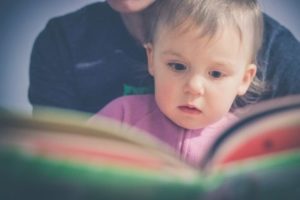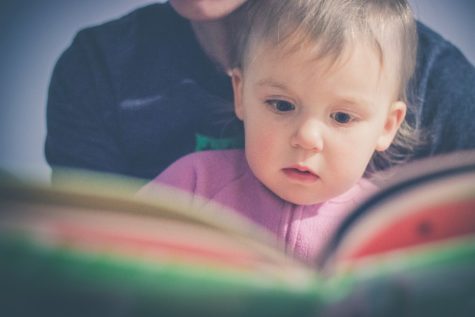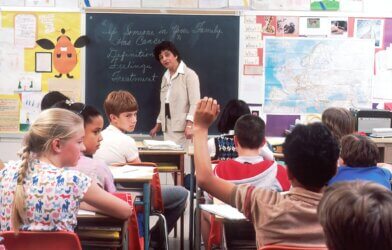NEW YORK — A regular bedtime story might do more good than just helping your young child fall asleep. A new study finds that young children who partake in educational activities with parents at home or are surrounded by skill-building toys show advantages over classmates by the fifth grade.
Researchers at NYU, curious about the benefits of parental education and engagement in lower income households, examined the home learning environments of 2,204 families enrolled in the Early Head Start Research Evaluation Project.

During the course of the study, children’s learning environments were examined at four separate points: 14 months of age, two and three years of age, and prior to kindergarten.
To evaluate how conducive a given household’s environment was to a young child’s development, the researchers looked at the prevalence of literacy activities and learning materials, along with the quality of the child’s interactions with their mother.
Years later, the same children were evaluated again during fifth grade. This time the researchers looked at the number of books in the home, and various aspects of how a child interacted with their mother. and how parents responded to cues from their young ones.
During each visit, children took an assessment that tested various educational capabilities. The content of a child’s assessment depended on their age. Ultimately, the researchers found that having a strong “early learning environment”— the presence of educational tools and experiences throughout early childhood — was linked to improved educational outcomes, no matter one’s racial background.
The researchers found the results emphasize the level of influence a child’s family and their interaction with parents has on their educational outcome.
“Our study confirms that strong home learning environments arm children with foundational skills that are springboards to long-term academic achievement,” says Catherine Tamis-LeMonda, the study’s lead author and a professor of applied psychology, in a university news release.
Having a stable early learning environment from the beginning confers the greatest outcomes, the researchers said, possibly providing a pedagogical model that could be used throughout disadvantaged communities.
“Improvements to early learning environments, whether it be in the home or through early childhood programs like Early Head Start, can effectively support the development of children exposed to socioeconomic disadvantage,” adds Tamis-LeMonda.
The study’s findings were published in the journal Applied Developmental Science.




No surprise.